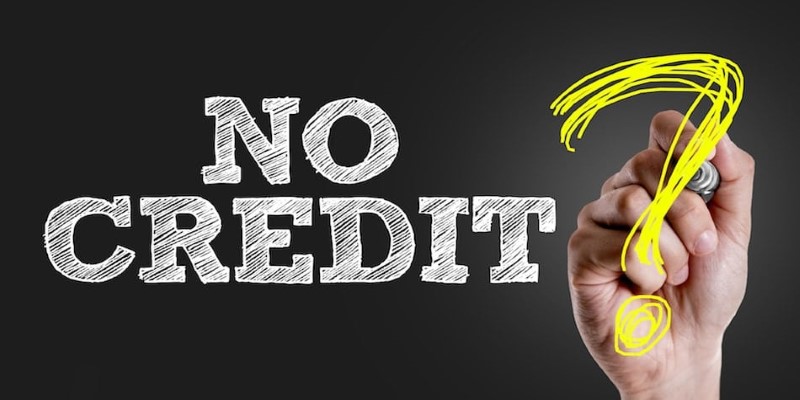When most people think about real estate agents, they picture someone unlocking doors and pointing at granite countertops. But their work begins long before the "For Sale" sign goes up and continues well after the deal is signed. Whether helping you buy your first home or negotiating an office lease, real estate agents wear more hats than you'd expect—sometimes all on the same day.
They’re part marketer, part counselor, part researcher, and sometimes, the calm in the storm. So, if you're wondering what exactly a real estate agent does, here's a clear-eyed breakdown of what really happens behind the scenes.
What Does a Real Estate Agent Do?
Helping You Understand the Market
Before anything else, a real estate agent helps you figure out what's happening in your local market—and why it matters to your decision. Not with confusing charts and vague phrases but with actual, usable facts.
Let's say you're selling your home. Your agent will start by analyzing recent sales in your area and comparing homes that are similar in size, condition, and location. This isn't about pulling a number out of thin air. It's about making sure your listing price isn't so high that buyers scroll past it or so low that you leave money on the table.
For buyers, it works the other way. Agents track trends in neighborhood pricing, days on the market, and even things like school district demand so they can spot when a property is underpriced or just cleverly staged to look more valuable than it is. In both cases, their job is to protect your interests—not flatter the situation.
Handling the Paperwork You Didn't Know Existed
Real estate deals come with contracts—lots of them. And each one has deadlines, fine print, and consequences. A good agent reads every clause and condition with care. They don’t just skim and say, “Sign here.” They explain what you’re agreeing to and why it matters. If something seems off—like a strange repair request or a deadline that’s impossible to meet—they catch it and bring it to your attention before it becomes a problem.

When you're the buyer, they walk you through details such as contingency clauses, financing terms, and inspection rights. When you're the seller, they make sure your disclosures are complete and legal and that buyers don't sneak in last-minute changes that shift liability your way. None of this is glamorous. It’s quiet, detailed work—but it’s the stuff that keeps deals from falling apart later.
Managing the Middle: People, Problems, and Pressure
Buying or selling property isn’t just a transaction. It’s emotional. There are expectations, surprises, delays, and sometimes, last-minute cold feet. In the middle of all that, your real estate agent becomes a buffer between you and everything that might derail the process.
Let’s say the buyer finds a roof leak during inspection. Your agent doesn’t panic or immediately slash the price. They call a contractor, get a repair estimate, and suggest a fix that satisfies both sides. If a lender asks for an extra document at the last minute, your agent tracks it down and makes sure it’s delivered on time.
When people get upset—and they will—your agent listens, diffuses the situation, and brings the focus back to the solution. This part of the job doesn't come with a commission bonus. But it often makes the difference between a successful closing and a deal that dies in week five.
Marketing (Yes, the Photos Matter More Than You Think)
If you’re selling a property, your real estate agent is also your lead marketer. And no, this doesn’t mean throwing a few photos on a website and waiting around. A smart agent hires a professional photographer who knows how to shoot homes—not weddings, not portraits. They write clear, accurate descriptions that actually speak to the strengths of your property instead of stuffing it with generic buzzwords.
Beyond that, they know how to target the right audience. If your house is perfect for young families, they won’t waste time and money advertising it to retirees. If it’s a fixer-upper, they highlight its potential—not pretend it's something it’s not.
Open houses, private tours, social media posts, real estate portals—they coordinate all of it. And more importantly, they keep track of what's working and what's not, adjusting the strategy in real-time instead of letting your home sit on the market collecting dust.
The Work Doesn't End at "Offer Accepted"
Most people think the moment an offer is accepted, the job is done. But that’s when things often get trickier. Inspections, appraisals, financing—each of these can stall or even kill a deal if not handled correctly.

Your real estate agent tracks every deadline. They follow up with the buyer’s lender, make sure the title company has the right paperwork, and coordinate with inspectors and contractors if needed. If a problem shows up—like an old permit that wasn’t closed out—they chase down a solution without involving you in every little twist.
If the appraisal comes in low? They negotiate again. If a buyer wants concessions after the inspection? They push back if the requests are unreasonable. It’s a second round of negotiation, and the stakes are higher because everyone’s more invested by now.
Conclusion: More Than Just Keys and Contracts
Real estate agents are often the invisible engine behind smooth transactions. You might only see them for house tours or closing-day handshakes. Still, the real work happens in the background: researching, negotiating, managing personalities, and resolving issues before they reach your inbox.
And while it might be tempting to see their commission and think, “That’s a lot for a few weeks of work,” remember that what you’re paying for isn’t just time—it’s knowing that someone is in your corner from start to finish, keeping things from falling apart when no one else even notices the cracks. That’s what a real estate agent does.












